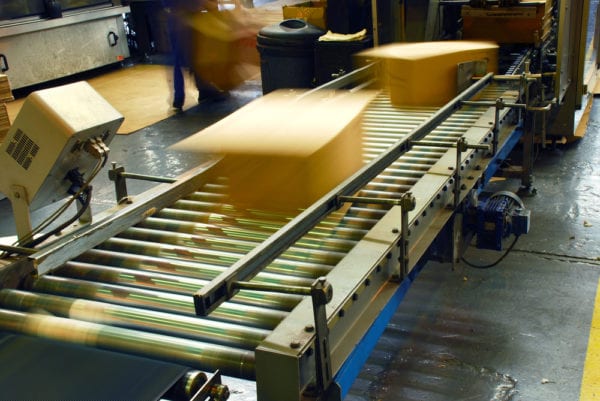
The importance of maintenance management cannot be overstated. After all, the maintenance team has a hand in every finished good or service that is consumed. They make sure our power stays on, our clothes are woven correctly, and our food gets packaged on time. Without maintenance management, delivery of these products would be delayed and services would experience interruptions. The reasons listed in this article seek to highlight the importance of maintenance management.
5 Reasons Maintenance Management is Important
Growing Complexity
Today’s buildings and equipment are becoming more automated, and automation adds to complexity. In industrial and commercial buildings, the use of automated HVAC, electronic and pneumatic systems, auxiliary power, and special environmental technologies are becoming more and more common. The potential cost of breakdown to these critical systems and assets is becoming an increasing risk to facility and maintenance management. Even more worrisome, maintenance staffs are being asked to do more with less while systems continue to grow in complexity.
Competition
With competitive marketplace pressures increasing, building owners and facility managers are striving to find new and better ways to contain and control the cost of doing business. As a result of economic pressure, long neglected equipment maintenance and asset management is becoming recognized as another potentially productive, profitable field of management.
Today’s managers are focused on cutting equipment repair costs and improving the efficiency of maintenance and engineering departments. The importance of maintenance management is realized now more than ever.
The Potential Costs for Doing Nothing are High
Industry statistics show that maintenance can account for up to 60% of a plant’s controllable operating costs. When scheduled preventive maintenance is not followed, premature breakdown is a certain outcome. For older machines and equipment with considerable amount of wear and tear, not only is operation more risky but maintenance and repair costs are even higher.
Aside from direct repair costs, there are also the realities of work stoppage, damaged or defective product, missed business opportunities, strained client relationships due to production downtime, employee overtime, and emergency inventory purchasing.
Maintenance Efforts are Misguided
Maintenance teams often perform work that is unnecessary, unproductive, or counter-productive. Preventive maintenance work on equipment that doesn’t need it leads to unnecessary downtime, labor costs, and parts usage.
Technicians often sacrifice wrench time for data entry and retrieval, status reporting, and processing other paperwork. Finally, incorrect re-assembly, misalignment, or other errors actually reduce equipment reliability.
The Old Ways Do Not Work Anymore
Historically, most systems for managing maintenance activities have been manual–everything from index cards and memo files to wall-mounted log boards. These methods are cumbersome, incomplete, and ineffective. What’s more, they are used inconsistently. This further reduces whatever minimal benefits they might have once provided. Computerized maintenance management is a much more robust and profitable method.
Make Maintenance Management Easy with FTMaintenance CMMS
It is clear that having an organized and efficient system of managing maintenance operations is a necessity in today’s industrial environment. FTMaintenance CMMS offers a full suite of maintenance management software features needed by maintenance professionals to organize and efficiently manage maintenance activities, monitor equipment life, and track maintenance costs. See these features in action for yourself — take a tour to get started.